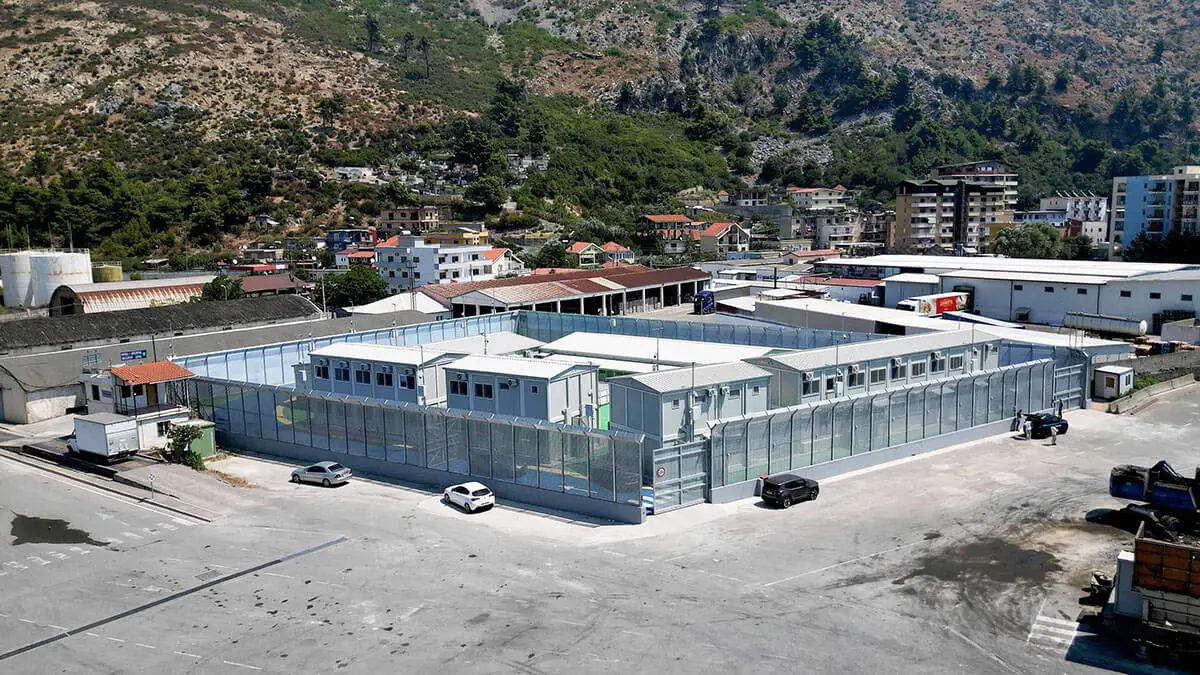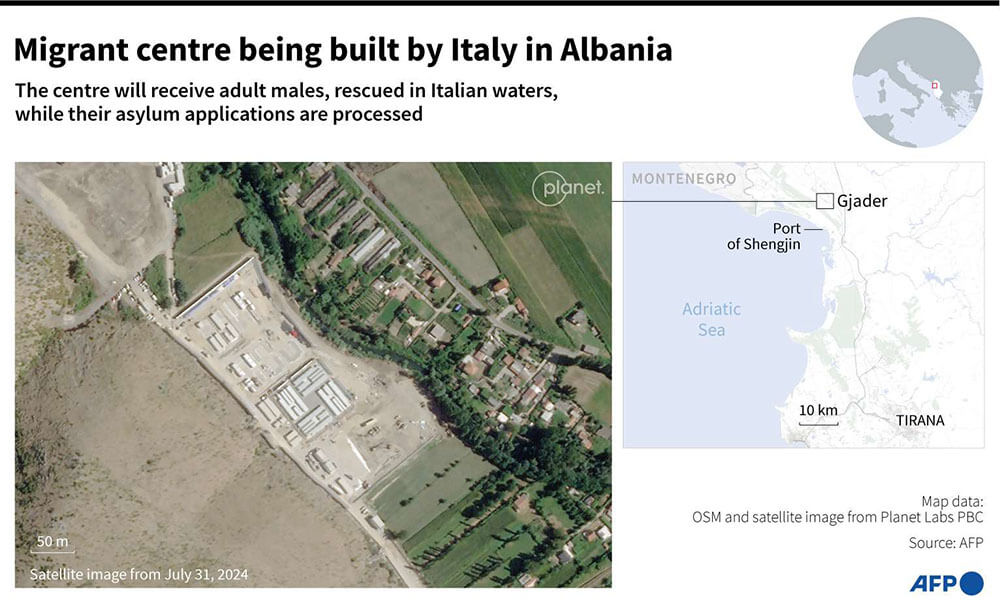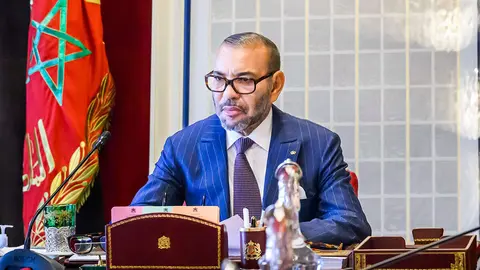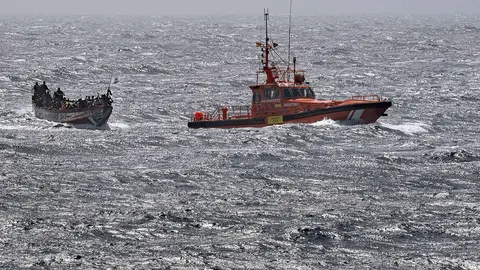EU considers migrant deportation hubs to accommodate far-right pressure

European countries are to discuss “innovative” ways to increase deportations of irregular migrants and rejected asylum seekers on Thursday, including controversial plans to set up dedicated return centres in non-EU nations.
Far-right gains in several European countries have helped put migration issues atop the agenda as home affairs ministers from the bloc’s 27 states meet in Luxembourg ahead of a gathering of EU leaders later this month.
Whether the bloc should explore the “feasibility of innovative solutions in the field of returns, notably the return hub concept”, will be the topic on the table at a ministerial working lunch, according to a background note to the official agenda.
The meeting comes only a few months after the European Union adopted a sweeping reform of its asylum policies.
The long-negotiated package, which will come into force in June 2026, hardens border procedures and requires countries to take in asylum seekers from “frontline” states such as Italy or Greece or provide money and resources.

But more than half of the EU’s member countries have said it does not go far enough.
In May, 15 EU member states urged the European Commission to “think outside the box”, calling for the creation of centres outside the EU, where rejected asylum seekers could be sent pending deportation, the plan to be discussed on Thursday.
“Pressure is on accelerating deportations,” Jacob Kirkegaard, an analyst at Brussels-based think tank Bruegel, told AFP.
A growing number of governments is eager to show they are trying to “get rejected migrants off the streets one way or another”, he added.
There are no detailed plans of how return hubs could work in practice.

Legal issues
A diplomatic source said one potential option entailed asking EU membership candidates, over which the bloc holds some leverage to ensure acceptable standards, to host such centres.
But sending migrants to third countries is fraught with ethical and legal questions, something that might stop the idea from ever becoming reality.
Another diplomatic source cautioned that legal and fundamental rights assessments were needed to verify the feasibility of any such project.
Last year, less than 20 percent of the almost 500,000 people who were ordered to leave the bloc were effectively returned to their country of origin, according to Eurostat, the EU statistical office.
Repatriations are notoriously difficult, they are costly and require the cooperation of the countries migrants need returning to.
According to border agency Frontex, the top three nationalities of migrants who irregularly crossed into the EU so far this year are Syrian, Malian and Afghan, from countries with whom Brussels has no or at best difficult relations.
Besides return hubs, Austria and the Netherlands have suggested legal changes to allow for the sanctioning of rejected asylum applicants who are ordered to leave but fail to do so, something that experts say could pave the way for detentions.
Prime Minister Viktor Orban of Hungary, which currently holds the presidency of the EU Council tasked with driving the body’s work, on Tuesday called for the creation of “hotspots” to process incoming migrants outside the bloc’s borders.

Some point at a deal Italy has struck with Albania to hold and process migrants there as a possible way forward.
But other agreements the EU sealed with Tunisia, Libya and others providing aid and investments in return for help with curbing arrivals have proved hugely contentious and have faced legal challenges for exposing migrants to mistreatment.
Only last week two NGOs filed a lawsuit against Frontex, alleging the support it provided to the Libyan coastguard to locate migrant boats breached EU rules.
Sophie Pornschlegel, of Europe Jacques Delors, another Brussels think tank, said capitals were keen on putting up a “political show, because of the enormous pressure from far-right parties”.
Often riding anti-immigrant sentiment, hard-right parties performed strongly in June European elections, and have come out top in recent national and regional votes in the Netherlands, Austria and Germany.
France’s government tilted to the right after a snap vote this summer, and new Interior Minister Bruno Retailleau is known for his hardline stance on migration.
“The migration issue is back”, said Eric Maurice of the European Policy Centre.
Irregular border crossings fell by 39 percent to almost 140,000 in the first eight months of 2024, compared to the same period last year, according to Frontex.
EU countries plus Norway and Switzerland received 85,000 asylum applications in May, down by a third compared to a peak reached last autumn, according to the European Union Agency for Asylum.










